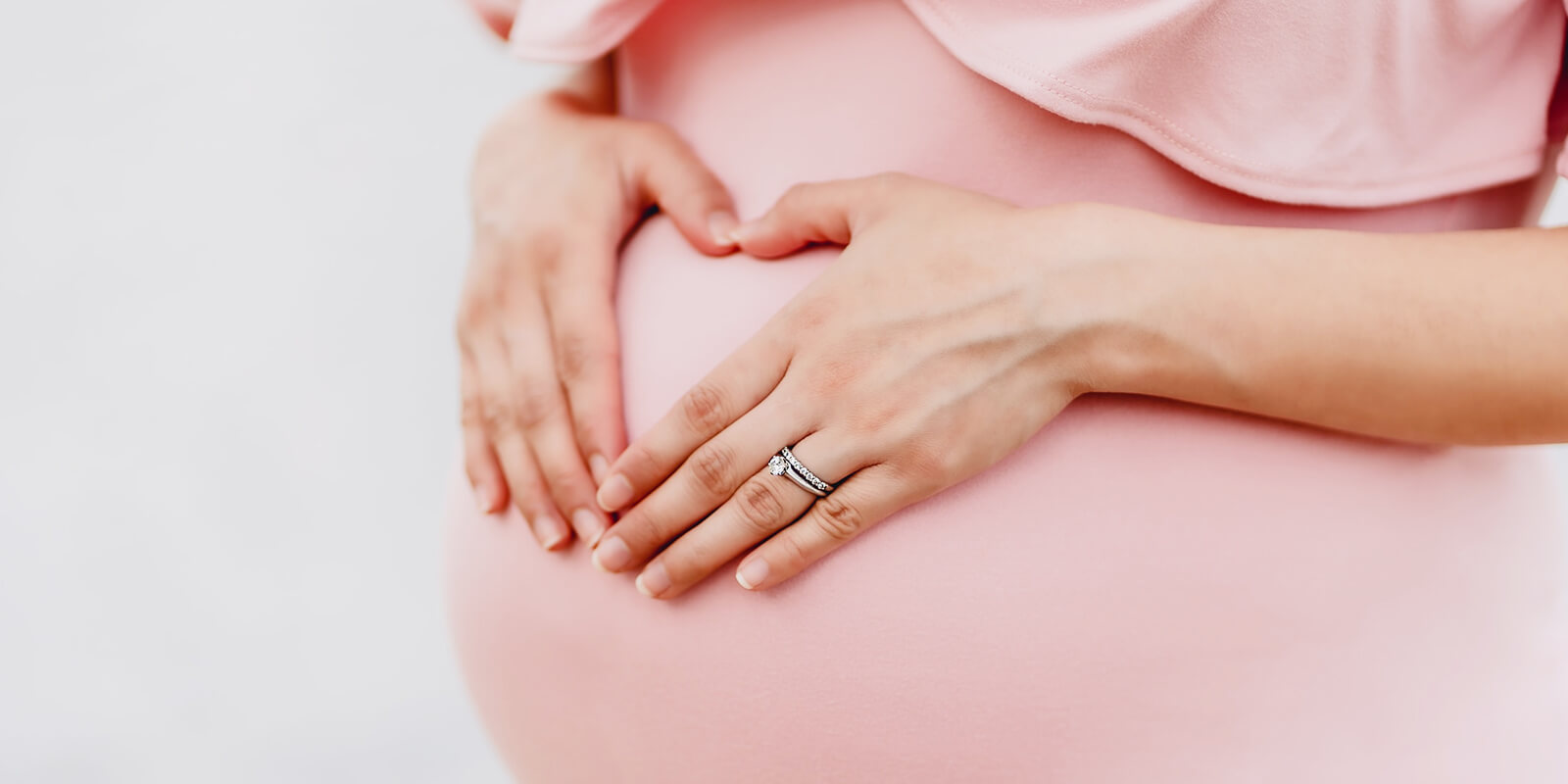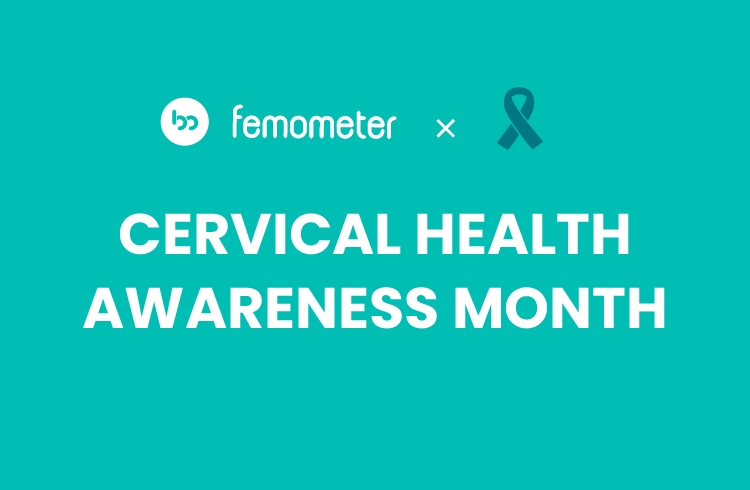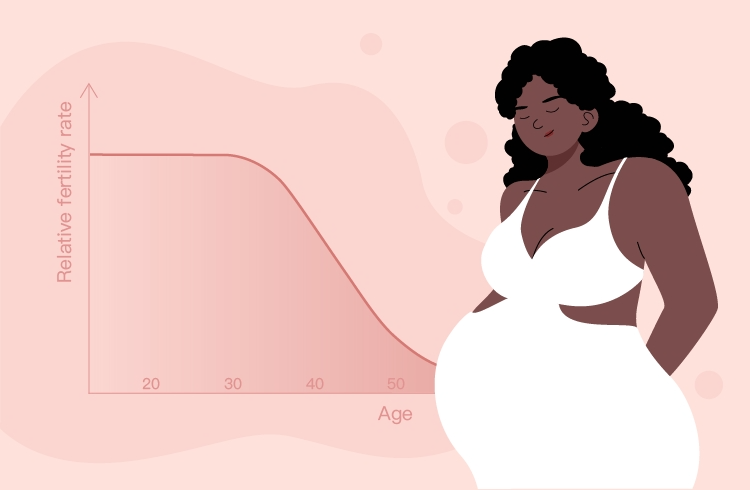Symptoms and Causes of Endomentriosis
What Is Endometriosis?
Endometriosis is a complex and often painful condition that affects millions of women worldwide. It occurs when tissue similar to the lining of the uterus, known as the endometrium, grows outside the uterus. During each menstrual cycle, this abnormal tissue continues to thicken, break down, and bleed, just like the uterine lining. However, since it has no way to exit the body, it becomes trapped, leading to inflammation, scarring, and the formation of painful adhesions.

Symptoms
The symptoms of endometriosis can vary widely from woman to woman, and they may not always be immediately apparent. Common signs include pelvic pain, painful periods, pain during intercourse, and excessive menstrual bleeding. Some women may also experience gastrointestinal symptoms like bloating, constipation, or diarrhea during their menstrual cycles.
Causation
The exact cause of endometriosis remains unclear, but several factors may contribute to its development. One theory suggests that during menstruation, some of the menstrual blood may flow backward through the fallopian tubes and into the pelvic cavity, leading to the implantation of endometrial cells outside the uterus. Genetic factors may also play a role, as endometriosis tends to run in families.
One significant concern for women with endometriosis is its potential impact on fertility and pregnancy. The condition can lead to hormonal imbalances, which may interfere with ovulation and implantation of a fertilized egg.
However, it's essential to note that having endometriosis does not automatically mean infertility. Many women with the condition are still able to conceive and have successful pregnancies. Early diagnosis, proper management, and timely intervention can significantly improve the chances of becoming pregnant despite endometriosis.
How Endometriosis Affects Fertility?

Endometriosis can have profound effects on fertility, impacting various aspects of the reproductive process. One of the ways it does so is by interfering with the ovary's ability to release eggs during the menstrual cycle. The presence of endometriosis implants, particularly in the ovaries, can lead to the formation of cysts known as endometriomas. These cysts can disrupt normal ovarian function, leading to irregular ovulation or preventing the release of eggs altogether. As a result, the chances of fertilization are significantly reduced.
1. Impacts on the Fallopian Tubes
In addition to affecting the ovaries, endometriosis can also impact the fallopian tubes, essential for the fertilization process. Scar tissue and adhesions caused by endometriosis can block or narrow the fallopian tubes, hindering the movement of both eggs and sperm. This obstruction can make it challenging for the sperm to reach the egg, leading to reduced fertility.
Furthermore, endometriosis can cause the fallopian tubes to become irregular. The inflammation and swelling associated with the condition can distort the shape and structure of the tubes, impairing their ability to pick up the eggs released during ovulation. This irregularity can further hamper the chances of successful fertilization.
2. Eggs, Sperm and Implantation
Another crucial aspect of fertility affected by endometriosis is the process of implantation. The condition's inflammatory nature can alter the uterine environment, making it less receptive to a fertilized egg. The endometrial lining may not provide an ideal environment for implantation, reducing the likelihood of a successful pregnancy.
Additionally, endometriosis-related inflammation and scarring in the pelvic area can damage both the eggs and sperm. This damage may compromise the quality of the reproductive cells, affecting fertilization and early embryo development.
3. The Hormones
Furthermore, endometriosis can create an imbalance in the hormones necessary for conception. The condition's inflammatory response can disrupt the delicate hormonal regulation required for regular ovulation and the preparation of the uterine lining for implantation. Hormonal imbalances can lead to irregular menstrual cycles and interfere with the timing of ovulation, further complicating the fertility process.
Understanding how endometriosis impacts fertility is crucial for individuals trying to conceive. Despite the challenges posed by the condition, it's essential to remember that there are various fertility treatments and approaches available to help manage endometriosis-related infertility.
Treatment Options for Endometriosis and Maximizing Fertility
1. Surgery
Surgery is a common approach to treat endometriosis. Laparoscopic surgery is often used to remove endometrial implants, scar tissue, and adhesions from the pelvic area. By reducing the extent of endometriosis, surgery aims to restore the normal structure and function of reproductive organs. However, it's important to note that surgery may not guarantee fertility success, and endometriosis can return. Additionally, surgery carries some risks, such as infection, bleeding, and damage to surrounding organs. Consultation with a skilled surgeon and a comprehensive understanding of the potential benefits and risks are essential before considering surgery as a fertility treatment.
2. Taking Hormonal Balance Pills
Hormonal therapy is another treatment option to manage endometriosis and improve fertility. Hormonal birth control pills, progestins, or GnRH agonists can be prescribed to regulate hormone levels and suppress the growth of endometrial tissue. By reducing inflammation and preventing the formation of new implants, hormonal therapy can alleviate symptoms and create a more favorable environment for conception. However, some hormonal treatments may have side effects, such as mood changes, weight gain, or hot flashes. Discussing the potential risks and benefits with a healthcare provider can help in determining the most suitable hormonal treatment for individual needs.
3. Taking Omega-6 Fats
Omega-6 fatty acids, such as gamma-linolenic acid (GLA), have shown promise in reducing inflammation associated with endometriosis. Evening primrose oil is a supplement that contains GLA and is sometimes used to manage the condition. While omega-6 fats may provide some relief for symptoms, it's essential to use them as part of a comprehensive treatment plan.
4. Eating Antioxidant-Rich Diets

A diet rich in antioxidants can help reduce oxidative stress and inflammation associated with endometriosis. Antioxidants, found in fruits, vegetables, and whole grains, may help alleviate symptoms and support overall reproductive health. While diet modifications can be beneficial, they should complement other treatment strategies.
5. Exercise Daily & Maintain A Healthy Weight
Regular physical activity and maintaining a healthy weight can positively impact fertility and overall well-being for women with endometriosis. Exercise can help regulate hormones, reduce inflammation, and manage stress, which can all contribute to improved fertility outcomes. However, excessive exercise or extremely low body weight may negatively affect fertility. Finding a balanced exercise routine and maintaining a healthy weight are essential for optimizing fertility while managing endometriosis.
Ultimately, each individual's journey with endometriosis and fertility is unique. Consulting with a healthcare provider specializing in reproductive health can provide tailored guidance on treatment options and strategies to increase the chances of conception while managing endometriosis effectively.
This article is the original creation of Femometer. All rights reserved by Femometer Inc. To reproduce, distribute, or reference the content, please reach out to us in advance to prevent any potential legal issues. Copyright © Femometer Inc.










